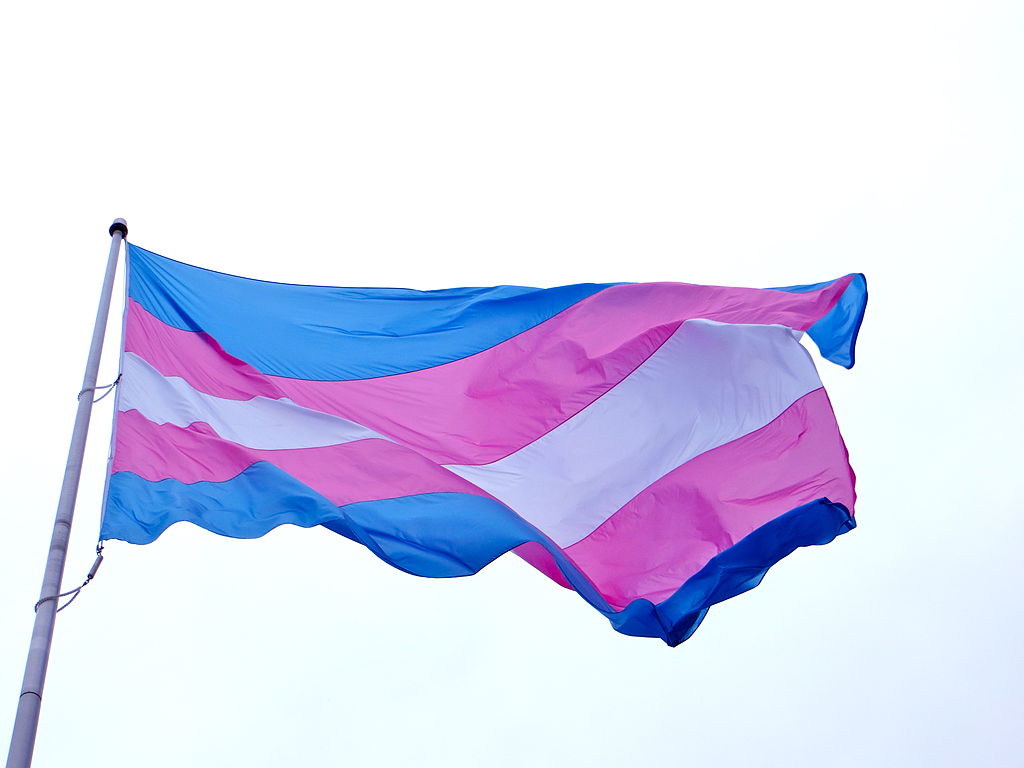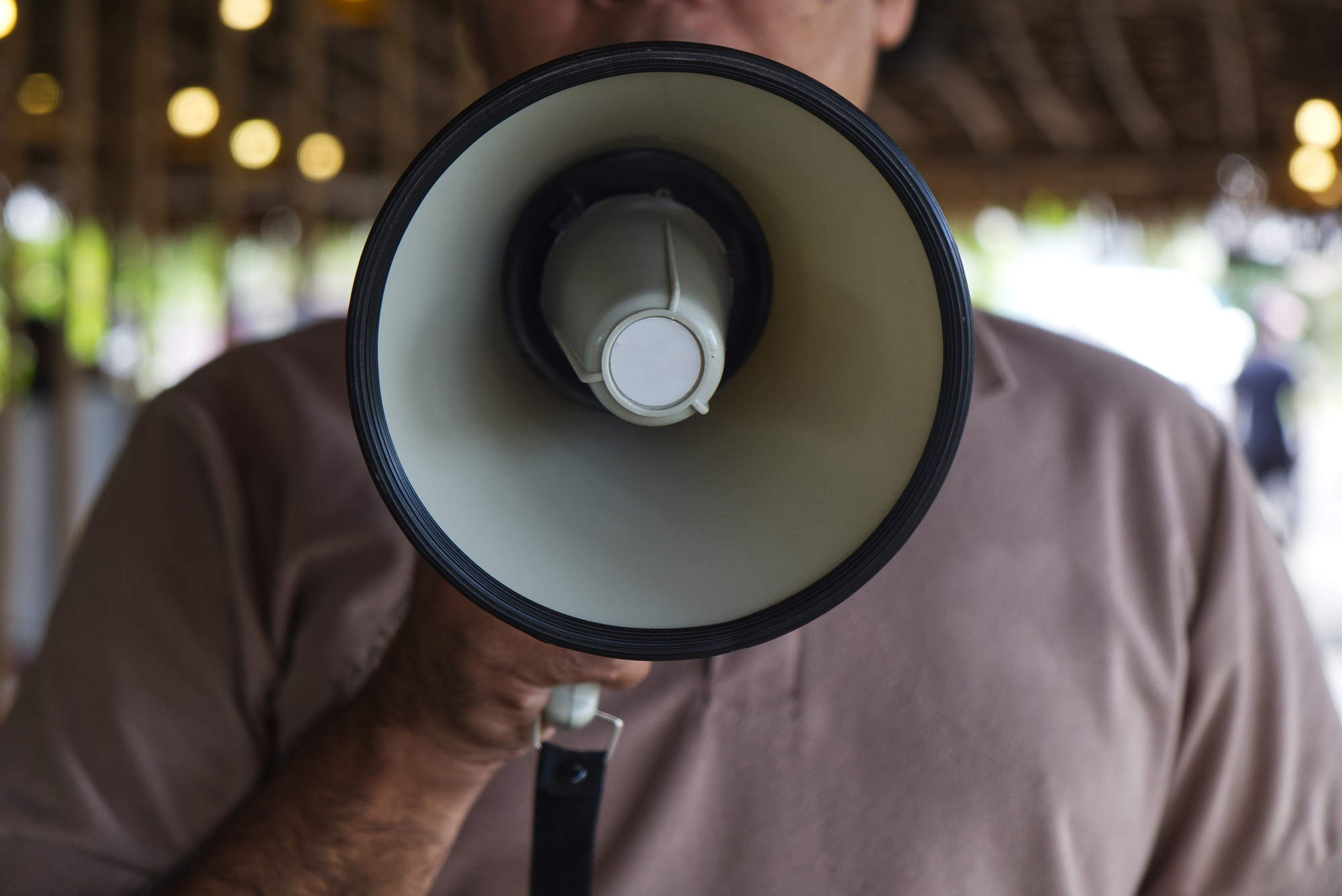Feminism, Privilege, and Trans Inclusivity

Chimamanda Ngozi Adichie is known for advocating an understanding of feminist values that is inclusive and diverse. Race and gender play important roles in her largely personal works. Best-selling author of “Americanah” and “We Should All be Feminists,” she emphasizes that fundamental to feminism is that “’because you are a girl’ is never a reason for anything,” and that, “I matter. I matter equally.” Her focus in much of her writing, especially in her latest project, “Dear Ijeawele, or A Feminist Manifesto in Fifteen Suggestions,” is how to raise a daughter and that feminism is a project that binds mothers and daughters (she discusses the shaming dialog with her mother surrounding her first period, for instance).
Adichie presented a TED Talk that went viral on the importance of understanding the multitude and diversity of experiences of people from different backgrounds. Her messages have been embraced by the current movement fighting for feminist ideals in the face of the tensions of the still-young Trump administration – a Dior $710 white t-shirt with the title of another best-seller, “We Should All Be Feminists,” has sold out online. Because she is such a public and popular figure in contemporary feminism, the way she articulates the nuances of being a woman and being a feminist carry a great deal of weight in public discourse.
On March 10th, BBC’s Channel 4 asked Adichie whether the way that someone “arrived at being a woman” mattered to feminism and femininity. Her response falls short of affirming that all women are fully women, regardless of whether they were raised a different gender. Instead, she points to the different experiences of trans women and women assigned female at birth, using the notion that trans women at some point benefitted from male privilege as a prime distinction.
She elaborated, “If you’ve lived in the world as a man with the privileges that the world accords to men, and then sort of changed, switched gender, it’s difficult for me to accept that then we can equate your experience with the experience of a woman who has lived from the beginning in the world as a woman, and who has not been accorded those privileges that men are.”
There is a tension in statements like these, which put the experiences of trans women up as “un-equate-able” with those of cis women, (suggesting it may be less female), and further, which emphasize the experience of male privilege in particular as the dividing factor between these two groups. Both of these implications are problematic and undermine the principles of feminist theory that Adichie advocates.
Adichie has since clarified her statement, which instantly was the focus of heated controversy regarding transphobia in feminist communities. She articulates her considered position in a post to which she directs further questions: she clarifies that she thinks that while there is a distinction between the experiences of trans women and cis women, they are all fully women: “Perhaps I should have said trans women are trans women and cis women are cis women and all are women.” However, regardless of the adequacy of her clarification and where Adichie stands (the post goes on to perhaps re-affirm some of the implications of her original statement), there are important touchstones and sensitivities in our discourse surrounding feminism and LGBTQ rights that have been raised in response to Adichie’s comments.
The emphasis on the privilege that trans women experience before transitioning can be seen as blurring an understanding of the experience of trans women. Focusing on the male privilege pre-transition ignores the multitude of disadvantages particular to trans experiences, which often themselves manifest the disadvantages of our often violently masculine and patriarchal socialization. It feeds a narrative of trans experience that there is a “before” and “after” transition where gender expression, and public interpretation, tidily fit into male and female categories. In response to Adichie’s comments, actress and trans rights advocate Laverne Cox tweeted, “The irony of my life is prior to my transition I was called a girl and after I am often called a man.”
Attending to trans* experiences actually challenge the interpretation of gender expression implicit in the radical feminists’ appeal to the trans woman’s experience of male privilege, and the way the benefits of gender privilege are doled out. Frequently, before transitioning, trans women (and trans men) live in ways that are non-binary or non-gender-conforming, complicating the types of privilege society will grant, and adding a dimension of disadvantage. To categorize gender non-conformity as “male” or “female” flattens the complexity of this experience and how society relates to such individuals in our gender-oppressive society.
This isn’t to say that when society identifies someone as male, that person gets some benefits of this privileged identity. That is, after all, how privilege works – no matter how you identify, and no matter whether you experience disadvantage alongside the benefits, as long as society interprets you as part of the privileged group, you will benefit in some way.
A common reaction that someone can have to being informed that they benefit from some form of privilege is to reject the notion on the basis that they also experience disadvantages. For instance, it can be difficult to identify and explain male privilege to a man who has been bullied for attempting to express his feelings, or who feels like an outcast for his lack of physical strength or earning power. These are ways that oppressive gender norms can disadvantage individuals, but the privileges of status and rank of manhood nonetheless still tend to exist in the patriarchal society. Because of the disadvantages he experiences in his life, it may be difficult for the benefits to be transparent to every member of the privileged group, yet he still experiences them – with each individual there will be a mesh of benefit and disadvantages, especially once we consider class, race, disability, etc.
With gender expression this can get complicated, perhaps, because when one is gender-non-conforming, which aspects of male privilege does society grant? When society privileges masculine norms and an individual is perceived as a feminine man, it seems to get complicated what kind of punishing and privileging society doles out. Not all trans experiences are the same, but they do include growing up misgendered as well. So, when we know that experiences of gender expression and societal privilege can be more complex than 1. living-as-male, 2. transitioning, and 3. living-as-female, we should think about the benefits of emphasizing and debating this potential distinction among the experiences of women.
Focusing on the benefits pre-transition for trans women or the special experience of oppression of cis women has historically been a tool for dividing women. Female-only events have frequently excluded trans women, focusing instead on the purportedly special experiences of cis women. The all-women recording company Olivia Records famously fired a trans woman in the 1970s – leading to the development of the Trans-Exclusionist Radical Feminist manifesto, The Transsexual Empire: The Making of the Shemale, and the 1987 response “The Empire Strikes Back: A Posttranssexual Manifesto.” The Michigan Womyn’s Music Festival included a policy of only including “womyn-born-womyn”.
In justification for the event maintaining its women-only status, the founder, Lisa Vogel, said, “There’s something that I experience on the land when I walk at night without a flashlight in the woods and recognize that for that moment I feel completely safe. And there’s nowhere else I can do that. If, tomorrow, we said everyone is welcome, I’m sure it would still be a really cool event, but that piece that allows women to let down their guard and feel that really deep sense of personal liberation would be different, and that’s what we’re about.” The Vancouver Rape Relief and Women’s Shelter refuses to allow trans women into their “women’s only” space. The Mountain Moving Coffeehouse, a lesbian-feminist music venue in Chicago, operated for over 30 years (until 2005) and never (knowingly) allowed admittance to trans women. Preserving spaces for cis women has been on the grounds of their distinct experience of being shaped from birth by the oppression of patriarchal norms, an experience that supposedly warrants the exclusion of trans women.
The focus on the benefits of growing up perceived as male suggests that trans women lack some experiences that are an important part of being a woman – those involved in being raised with the systemic oppression to which cis-women are exposed and shaped. This highlights a tension in some ways of understanding feminism. If identifying as female and fighting for feminist ideals is motivated by particular instances of oppression and disadvantage, then qualifying for this group may be based on how much/which suffering and how many/which unfortunate effects of patriarchy you have experienced. That seems an unfortunate way of understanding womanhood.
Recall the way that Adichie articulates the fundamental tenets of feminism, in a more positive way, above: “’because you are a girl’ is never a reason for anything”, and that, “I matter. I matter equally.” These motivations for feminist principles and action are not dependent on being raised in the context of any particular gender expression. That some women experienced disadvantages associated with being identified as a woman at young ages should not be divisive. Cis women have not all experienced the same forms of oppression during their formative years, after all, especially once other privileges and disadvantages are taken into consideration.
Raquel Willis, an activist at the Transgender Law Center, puts the point nicely: “Trans women aren’t saying their experiences are just like cis women. Just like queer women aren’t saying theirs are just like straight women. The average woman is cis. That does not make her womanhood more valid. All it says is that trans women are on the margins. Yes, folks raised as girls are plagued with oppression in a different way than people not raised as girls. No one denies that. However, cis girls and women – in general – experience the privilege of being seen, accepted and respected in their gender from birth… The violence that gender nonconforming and gender diverse kids face is real and always left out of this essentialist conversation. Do we tell a cis woman she’s less of a woman if she says she’s never experienced harassment or violence or overt discrimination? No.”
The tension that this discussion brings out is between the ways that privilege and disadvantage exist within the same marginalized group. On the one hand, we could say that the ways that society disadvantages women are largely shared across the trans/cis divide – by living as women, they lack privilege and encounter increased dangers. On the other hand, trans women experience a great deal more (physical, violent) dangers than cis women, in fact, while cis women experienced an arguably different upbringing that included stereotypical patriarchal oppression. In other words, there are divergent privileges and disadvantages between women who are trans and cis, because of their experiences as trans women and cis women.
It is important to note that distinctions of privilege and disadvantage are not new within the group of women – the needs of upper and lower class women have diverged historically, as upper class women fought for the right to have a place in the workforce that lower class women occupied as a matter of need, and the disadvantages of women of different races, sexualities, health/abilities, etc. have also historically diverged.
When we consider the category of “women,” it is clear that the individuals that make up this group come with a number of intersecting identities that come with advantages and privileges, and that these play a role in shaping their experiences, needs, and perspectives. Class, ability, race, sexuality, and other dimensions among which the experiences of privilege and disadvantage of women may differ. An important component of intersectionality is accepting that there are many dimensions along which someone can benefit from privilege while at the same time experience the disadvantages that come from membership in oppressed groups.
Why are some cis women feminists eager to distinguish the experiences of growing up female? Failing to highlight the distinction between being raised as a woman and having to transition to living as a woman publicly can seem to neglect the social forces at play since birth. However, this worry shares the same shape that motivates healthy dialectic surrounding inclusive feminism itself. Including experiences or being raised that differ from some conception of being raised as a cis woman does not mean that the experiences of cis women, such as harassment or oppression that typically occur during formative years, are not important for feminism.
The oppression and disadvantage associated with being raised a woman is the most visible and un-denied form of sexism. So when someone asks about what matters about being a woman, about how people come to be women, should we think about the privilege that trans women experience pre-transition? Or about distinctive oppression that divides our experiences? Or should we instead be thinking about how to make women heard, and protected, and a more respected force in our society?




